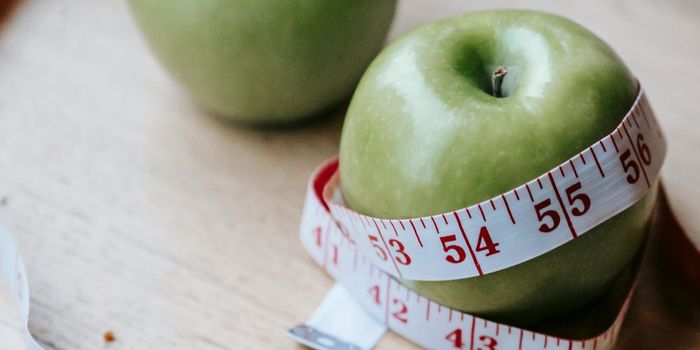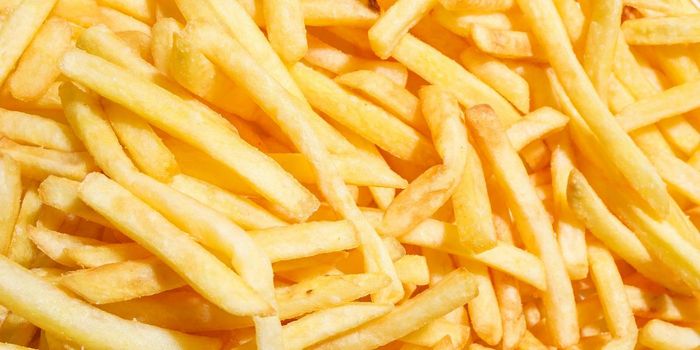Time-restricted Eating Reduces Risk of Diabetes & Obesity
A new study published in the journal Nutrients has shown that a certain form of time-restricted eating may reduce the chances of developing type 2 diabetes and obesity.
The review comprehensively examined previous peer-reviewed studies on eating patterns and determined that there is a connection between the number of meals consumed per day and the development of type 2 diabetes and obesity. While most Americans think that three meals per day plus snacks in between is healthy, this eating pattern may actually contribute to the development of various diseases. This is because a pattern of continuous eating keeps insulin levels high during the day, which may lead to insulin resistance. Americans also tend to consume foods high in sugars and calories, which further exacerbates insulin resistance and may cause weight gain. By continuously eating, we constantly supply our bodies with fuel via sugar, which means our bodies never have time to use fat deposits as a fuel source.
The study showed that a form of time-restricted eating in which participants did not eat anything for 12–14 hours per day led to improvements in health, including lower glucose levels and less insulin resistance. This form of eating also caused participants to eat about 550 fewer calories per day, which contributes to weight loss. Time-restricted eating further improved the health of participants by positively altering the gut microbiome and helping to regulate the hormones involved in hunger and energy levels.
The authors of the study noted that obesity has become a modern epidemic, especially in the U.S. Ancient humans did not have access to food every day, and our bodies evolved to create fat reserves for times when food was scarce. Since we did not evolve for constant eating, our modern eating patterns can lead to excess weight and insulin resistance, which are major causes of modern health issues such as heart disease, obesity, and type 2 diabetes.
Sources: Nutrients, Science Daily








